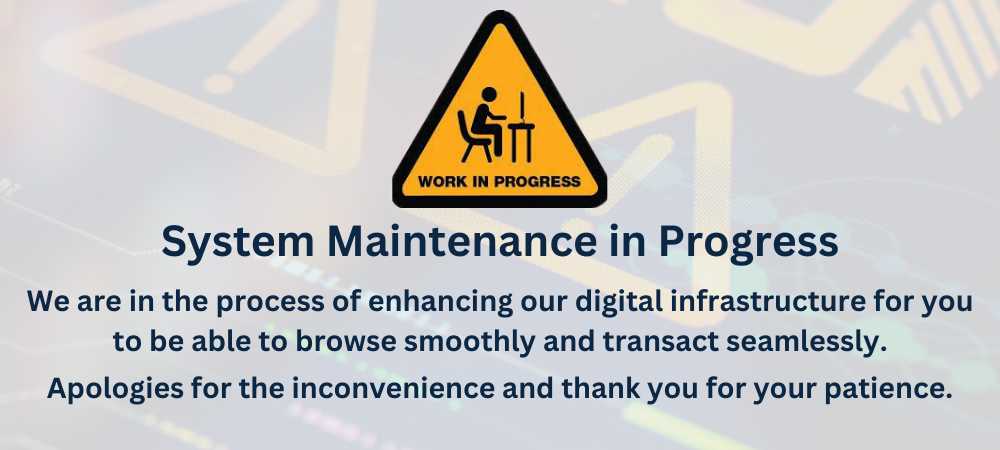Blog |
Switch on any news channel and the word inflation is likely to be heard – be it locally in India where this is sensitive issue which deals with Jobs and livelihoods to the news out of the US – where their equivalent of the RBI – the US FED claims it is most worried about inflation.
So what exactly is inflation and why are people so worried about it?
What is Inflation?
Investopedia defines inflation as “The decline of purchasing power of a given currency over time. A quantitative estimate of the rate at which the decline in purchasing power occurs can be reflected in the increase of an average price level of a basket of selected goods and services in an economy over some period of time. The rise in prices, which is often expressed as a percentage, means that a unit of currency effectively buys less than it did in prior periods.”
This can be best explained by way of an example – say you had Rs. 100 in your pocket in the year 2002 and went out to be buy groceries – you would come back with a pat of butter, bread, some fruit, cheese slices and a chocolate for your little one or that of the neighbor. This was 20 years ago. Today that same Rs. 100 will get you just the bread and butter – and maybe the chocolate, if it is a small one. The cheese and fruit will have to compromised entirely or you would get very little of it. The money you have in your pocket is the same – Rs. 100 – but the value of that Rs. 100 has declined over time. That decline, in simple terms, is inflation.
The Good
“A thing by itself is not bad – too much of the same thing and it becomes a problem”, goes the old adage. A glass of red wine a day is said to be good for the heart, too much of it becomes a problem. A little Netflix in the night as you come back from work is a welcome break – binge watching till 2am is a problem. Similarly, a little inflation is considered to be good for the economy. The old school idea being that as the price of goods go up marginally – the maker earns more – provided the costs are kept the same. That extra earning may be spent in buying other goods therefore increasing prosperity for all in the community. The modern school of thought is if the purchasing power of money (the value of the Rs. 100 in the above example) is known to fall over time, then the people may want to spend now when the value of the Rs. 100 is higher rather than saving now and spending later when the value of the Rs. 100 dips. This increased spending tends to boost economic activities in a country.
The Bad
As stated above, too much inflation or inflation that starts to get out of hand is bad for the economy. Imagine that the Rs. 100 just gets you the bread and nothing else. The salary remains the same and doesn’t increase with rising inflation, which means that one will have to compromise on one’s standard of living. For those in the manufacturing sector the cost of raw materials escalates, and they have no choice but to increase the prices of their finished goods. Professionals like doctors, lawyers etc. also have to hike their fees if they have to meet rising costs. So overall inflation, if left unchecked, can cause serious damage to the economy. Prices start to shoot up very quickly and the ability to earn to match those prices doesn’t go up that fast – leading to frustration and dissonance. That is why Central bank of every country – from the RBI to the US Fed keeps a very close eye on inflation because if inflation goes out of the hand then the country can literally go up in flames and lead to a truly ugly situation.
The Ugly
Inflation can go out of control very quickly if not reined in and something called Hyperinflation can set into the economy very quickly. Take the example of the dire situation in Germany in the early 1920’s – the then German government printed money indiscriminately to pay the common populace. Thereby devaluing the German Mark to record lows. As more money was printed, the more prices rose. The prime example usually given is that a loaf of bread, which cost 250 marks in January 1923, had risen to 200,000 million marks in November 1923. An almost unbelievable number – the then German government was overthrown and replaced by the one who shocked the world with his atrocities and dragged Germany to yet another World War.
Something similar happened in Greece in 2009 and in Argentina as late as 2018. Widespread protests, governments being overthrown, leadership crises – all of this due to one little word – inflation.
What Can You Do To Combat Inflation?
Given the track record of the RBI, which keeps a very close eye on inflation, the crises that affected other countries is unlikely to affect India in the near future at least. The RBI – by tightening or being a little liberal with interest rates controls the amount of money in the country and ensures that it does it print too much and leave the door open for inflation to creep in. The Central government too tries to control prices and therefore inflation through the Food Corporation of India and other relevant agencies.
Make no mistake though that inflation can and will eat into savings – the value of the Rs. 100 will go down over time. The RBI and the Government will ensure that it does not go out of hand, but you need to factor in inflation when planning for the future.
You can combat inflation by first recognize and acknowledge its existence. You need to know that inflation is here to stay and therefore need to plan for it.
The second thing to do would be to invest in asset classes that have given returns that beat the current level of inflation.
Take another example. Say you have invested Rs. 100 in an FD that gives 5% return. At the end of the FD you will get Rs. 105, but if inflation is at 7% at that time (it is at 7.04% in May 2022*) , which means you have to pay Rs. 107 for what was available at Rs. 100 earlier. The earnings of 5% from the FD will not be enough as it will amount to a shortfall of Rs. 2 – which is what will eat into your principal amount saved.
While one is earning, one doesn’t feel the pinch as much as one would do after retirement when the monthly inflows dry up. However, if you plan for inflation and invest in an asset class like equities which could potentially give you returns that will beat inflation over time– then your savings are geared up to combat the one element that could adversely affect your savings – inflation.
To know which is the right asset class for you to invest in get in touch with us on Info@EpsilonMoney.com or call us on +91 22 500 54 260.
*Source: RBI.

